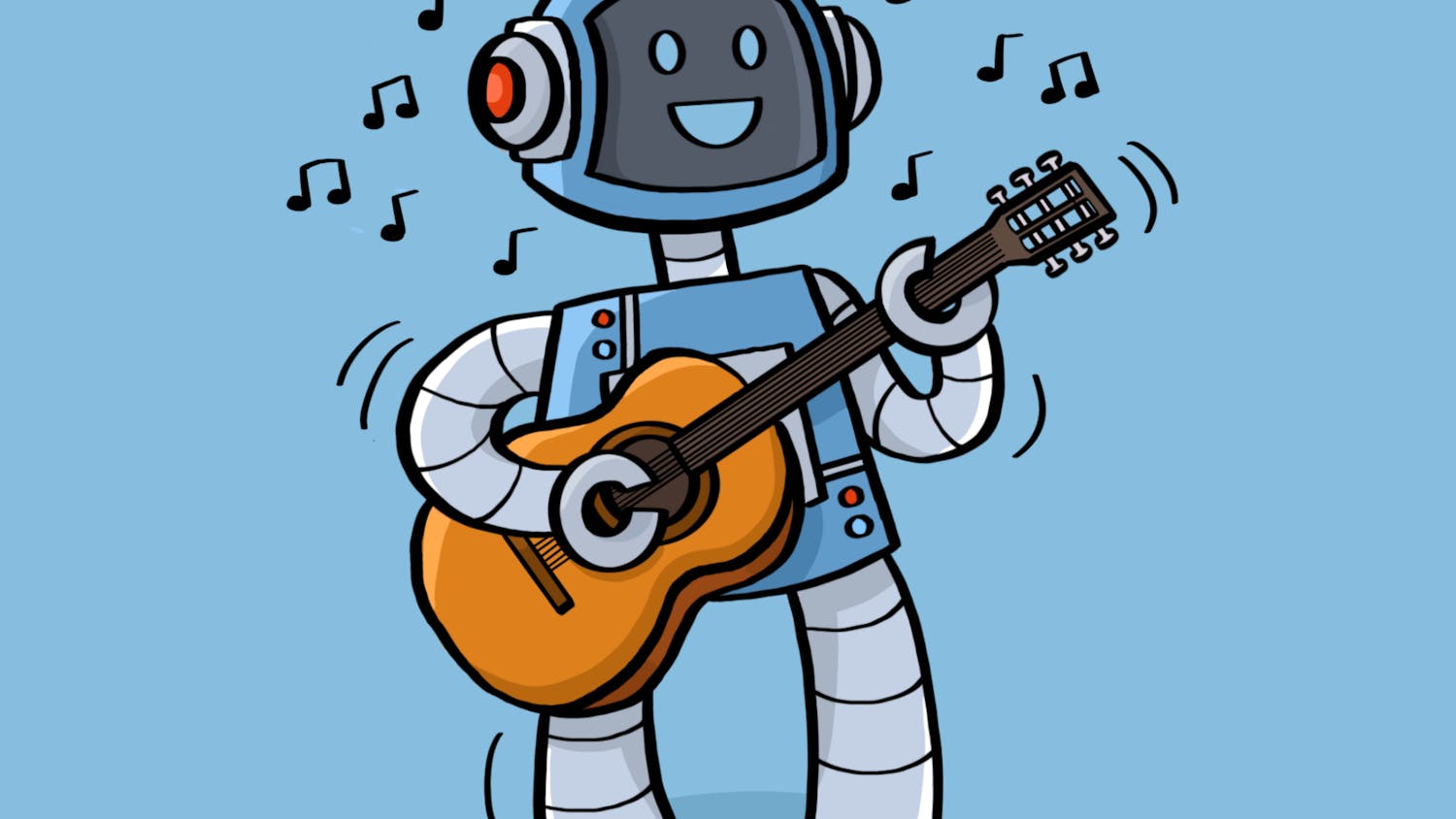The United States Constitution says nothing about political parties. However, before it was even ratified, two different factions were already forming. On one side, favoring ratification, were the Federalists, and on the other side, opposing ratification, were the Anti-Federalists. These groups were important prior to the Constitution
George Washington, in his farewell address, warned the nation of the dangers parties presented. He explained how “the alternate domination of one faction over another, sharpened by the spirit of revenge, natural to party dissension…is itself a frightful despotism.” Rather than heeding Washington’s warning, the country quickly became divided behind party lines and has continued to become more polarized in recent years. During Washington’s presidency, two new parties formed: the Federalists around Alexander Hamilton and the Democratic (Jeffersonian) Republicans around Thomas Jefferson. This was the start of five (some would argue six) party systems in the United States. Although people seem to have a natural tendency to gather together with other like-minded individuals, political parties are a threat to our democratic government.
Political parties do not represent the people; they represent themselves. According to a recent Gallup poll taken Feb. 3-7, 30 percent of the individuals who participated classified themselves as Republicans, 30 percent as Democrats, and 37 percent as independents. Additionally, 43 percent of the respondents were categorized as Republican or Republican-leaning, and 46 percent of the people were Democrat or Democrat leaning. Based on these statistics, at any given time, one party only represents up to 46 percent of the population, which is being generous. Forty-six percent is not even a majority, and in a
Unfortunately, much to the detriment of our country’s productivity and mainly because of political parties, we have been becoming increasingly more polarized over recent years. Based on a Pew Research Center study, in the last 20 years, the percentage of Republicans who have an unfavorable view of the Democratic Party has skyrocketed from 17 percent to 43 percent and the percentage of Democrats who have a negative view of the Republican Party has more than doubled from 16 percent to 38 percent. Both parties think the other side's views are a threat to the country. The 112th Congress of the United States (2011-'13) managed to enact 284 public bills into law while the 113th Congress (2013-'15) enacted 297. These are both historically low numbers of bills getting passed and show a general trend in the past few decades of fewer and fewer bills being enacted. For example, the 80th Congress passed 906 bills, the 93rd Congress implemented 772, the 101st 665, and the 107th 383. Between these
Another reason why political parties are bad for democracy is exemplified in presidential primary elections. In presidential primaries each state has a different way of electing their candidate and a different number of delegates, each candidate can win. Generally speaking, if a candidate does well in a state, they will win delegates who are then supposed to vote for them at their party’s convention. Candidates don’t officially get elected
George Washington was right in saying that “in governments purely elective [political parties] are a spirit not to be encouraged.” I think it’s about time to start listening to what one of our greatest founding fathers had to say and get rid of the political establishment class in our country. We must come together and work to make each other’s lives better. America is a great nation, but we are only strong when we are united. We must not let politicians divide our country.
Thomas is a junior majoring in history and psychology. Do you agree with his take on political parties? Please send all comments, questions and concerns to opinion@dailycardinal.com.






